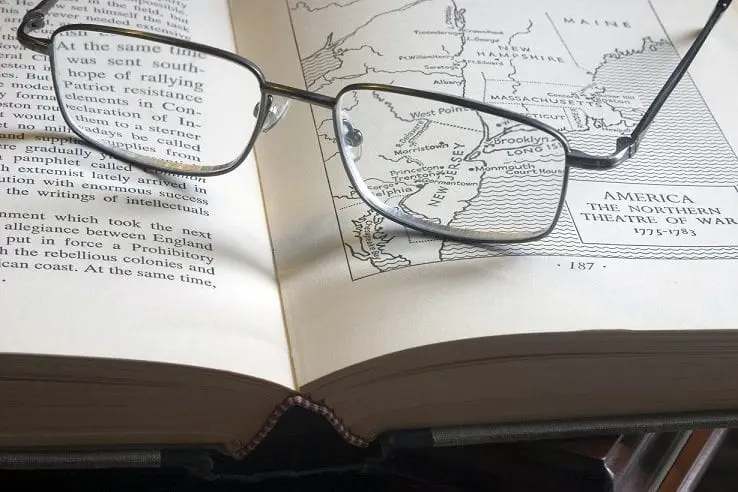When I was in grade school, I enjoyed studying history. It was my favorite subject. The sudden destruction of Pompeii, the audacious voyages of the Pilgrims, the epic battles of World War II, the accidental discovery of the Dead Sea Scrolls—riveting!
While studying history and reading all about noteworthy events that shaped the world in times past, I’ve often wondered: Okay, what is the value of this? Yes, it’s fascinating, but does history (and the study thereof) offer any intrinsic benefits?
After all, the benefits of studying some other fields seem more tangible. By studying math, you learn how to add up the prices of the items in your shopping cart. By studying psychology, you learn how your brain operates and how your thoughts influence your behavior. And by studying political science, you learn how governments function and how different public institutions interact with each other.
But what about history? Why study events that happened in the past? What benefit does that offer? How are you better off when you learn about bygone eras and read about people who know lie silent in their graves?
We should ask these same questions about Genesis, as well as the other historical books in the Bible. Do we just read those scriptural accounts because we find them intriguing? Or are there other measureable benefits?
Here’s what I propose. People who know history are able to make better sense of the world around them. That’s why studying history is valuable. That’s (one reason) why reading Genesis is beneficial. Because it helps us grasp why things are the way they are.
Look around the world today. You’ll see many fascinating things. When we examine nature, we find astounding complexity. When we dig beneath our feet, we find fossils and distinct rock layers. When we visit foreign countries, we observe many different cultures and many different languages. When we interact with other people, we witness moments of joy and pleasure and happiness—but also periods of pain, sadness, and disappointment.
How do we make sense of all these things? How do we figure out why the world is like this? How do we learn where everything came from? These are lofty questions, but I know a great place to begin finding answers.
Look to history. Look to Genesis.
“For whatever was written in former days was written for our instruction…” (Romans 15:4, ESV)







Good article, until you start quoting from corrupt modern Bible-perversions like the ESV.